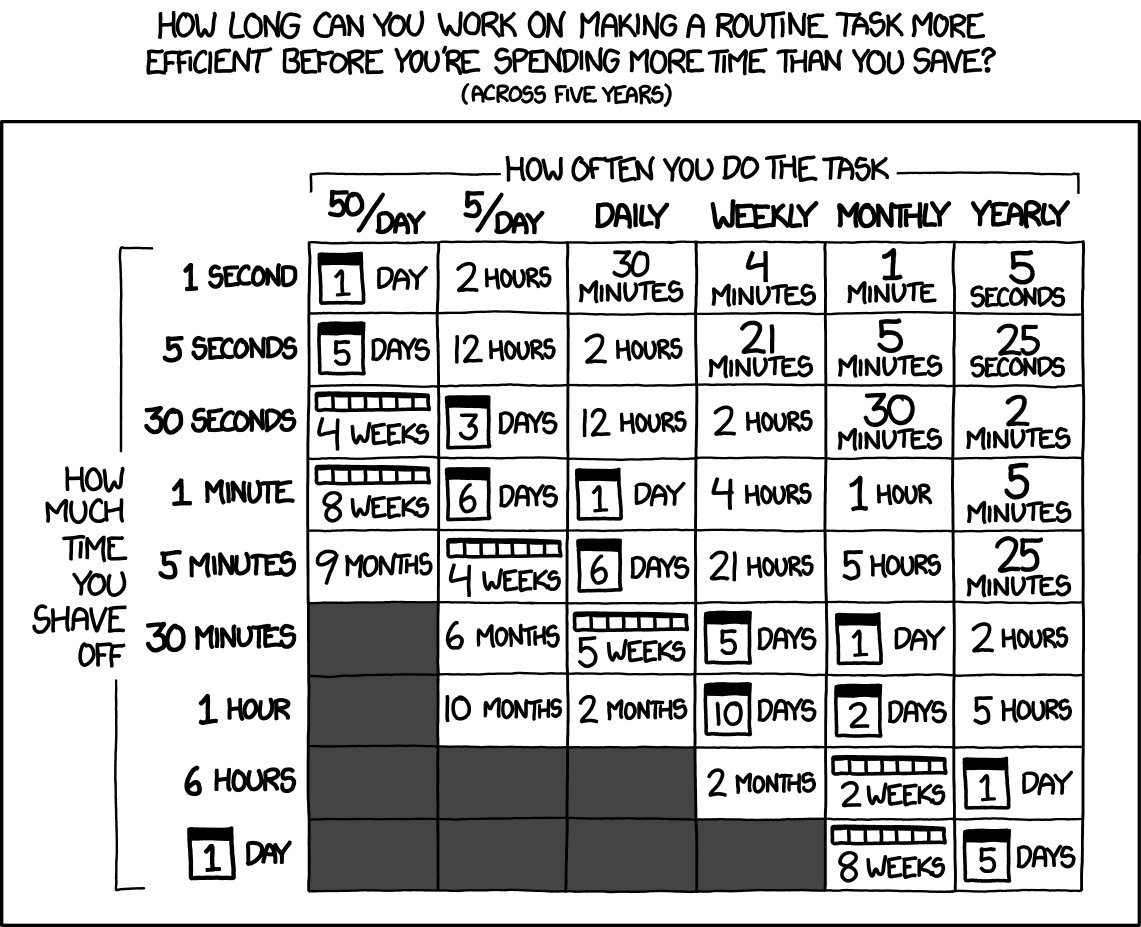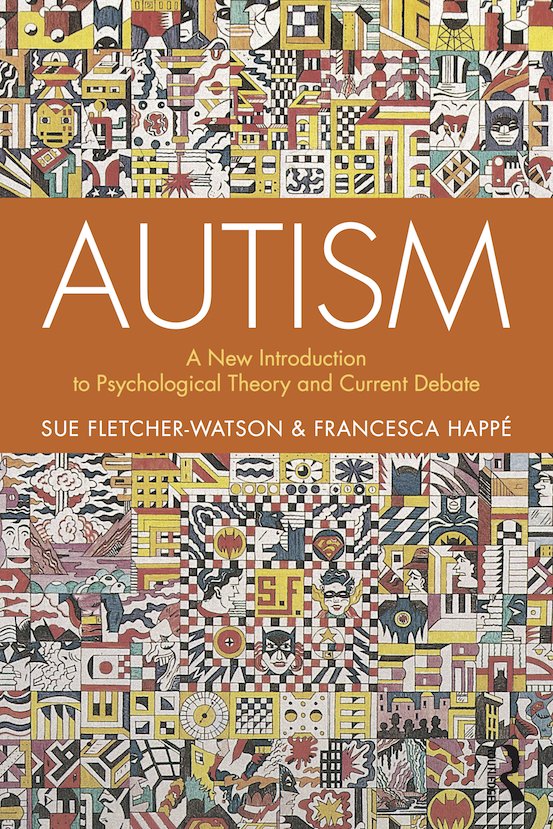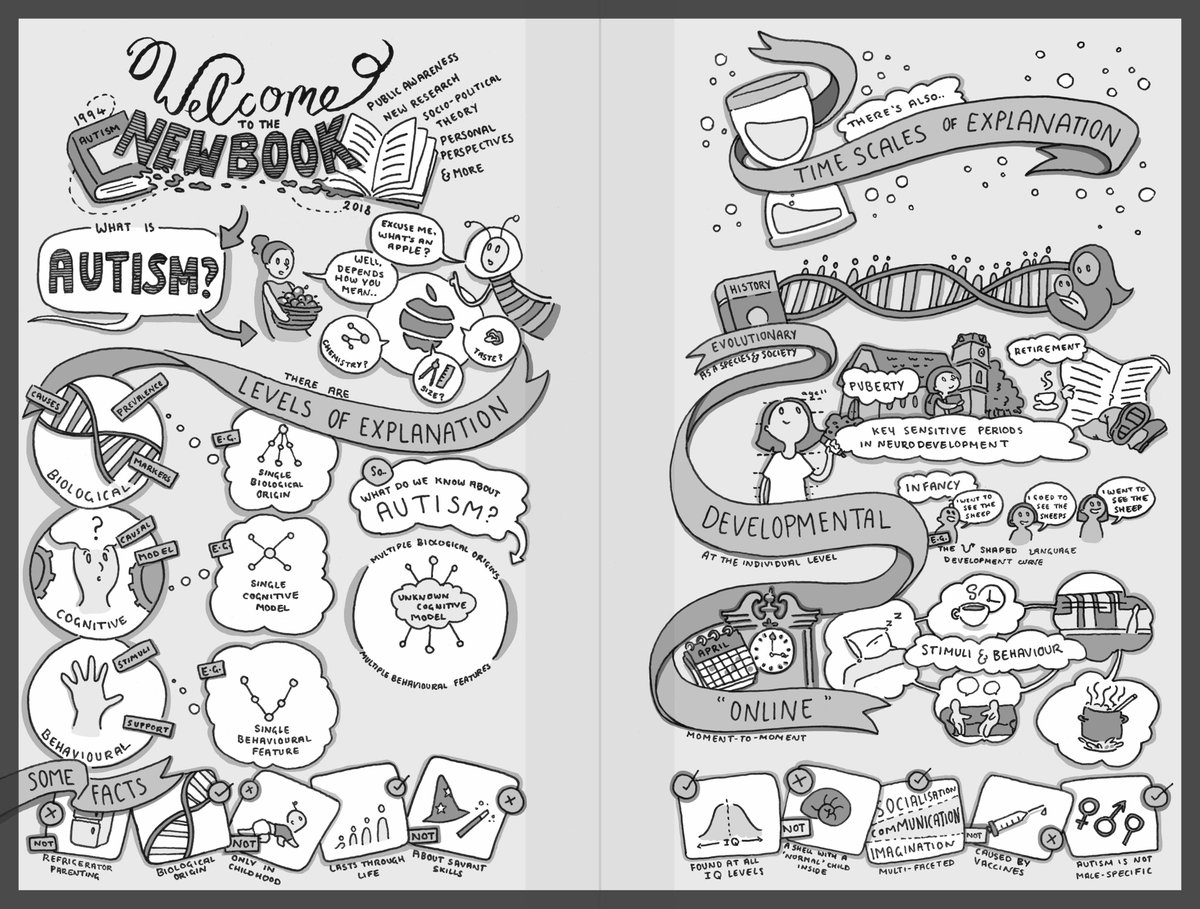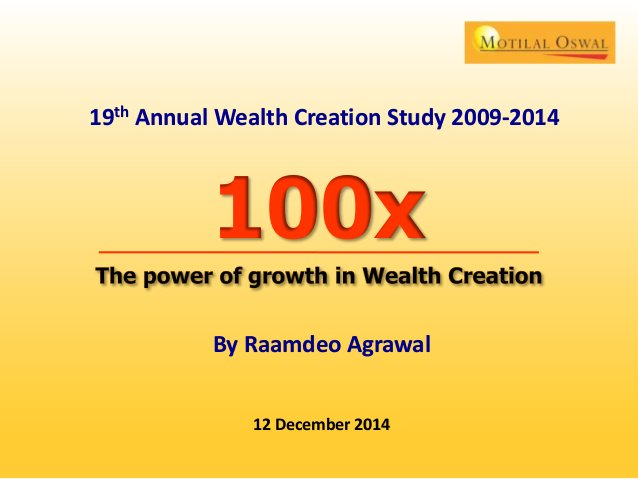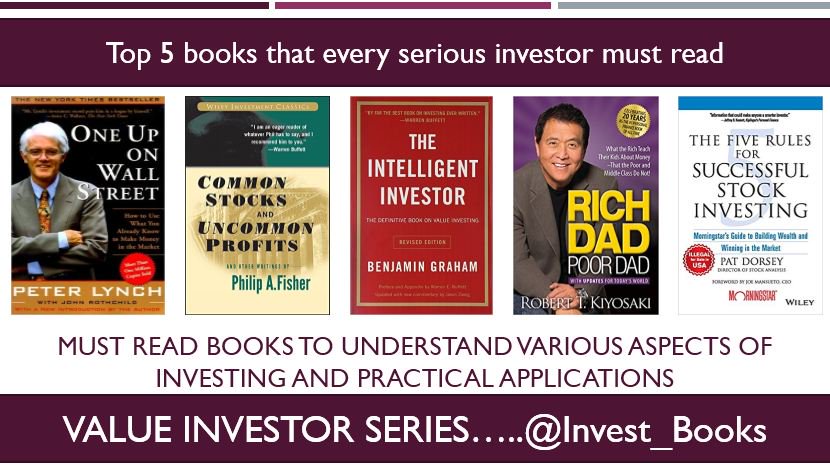Most of my best recommendations don't come from algorithms.
Whether you're investing, apartment hunting, or looking for your next great book, do the opposite of what the standard algorithm tells you to do.
Enjoy!
perell.com/blog/algorithm…
These ideas are hidden and obscure.
They're the opposite of viral.
Instead of relying on algorithms to find them, identify your favorite people and follow the people who influenced them.
Amazon systematically under-recommends books with a high-variance in reviews.
It tends to recommend books everybody likes, instead of ones that some people love and other people hate.
That's why I trust footnotes and personal recommendations more than Amazon reviews
I'm convinced eating at a restaurant is more enjoyable when a friend recommends the place.
I have no data to confirm this, but I suspect there's a psychological reason for it.
Maybe there's more room for surprise or something like that.
People always talk about easy-to-measure specs such as the number of bedrooms and bathrooms.
Look for things that are hard to measure instead, such as natural light and storage efficiency.
The market undervalues these features because they're hard to measure.
I measure the success of my essays by the number of interesting emails I receive after publishing them.
If the emails aren't interesting, I'm not attracting the right kinds of people.
And if there aren't enough emails, I'm not reaching enough people.
Then, avoid the standard recommendations.
If you need to make up an algorithm, make up your own.
Doing so will save you money, keep you away from crowds, and improve the quality of what you consume.


